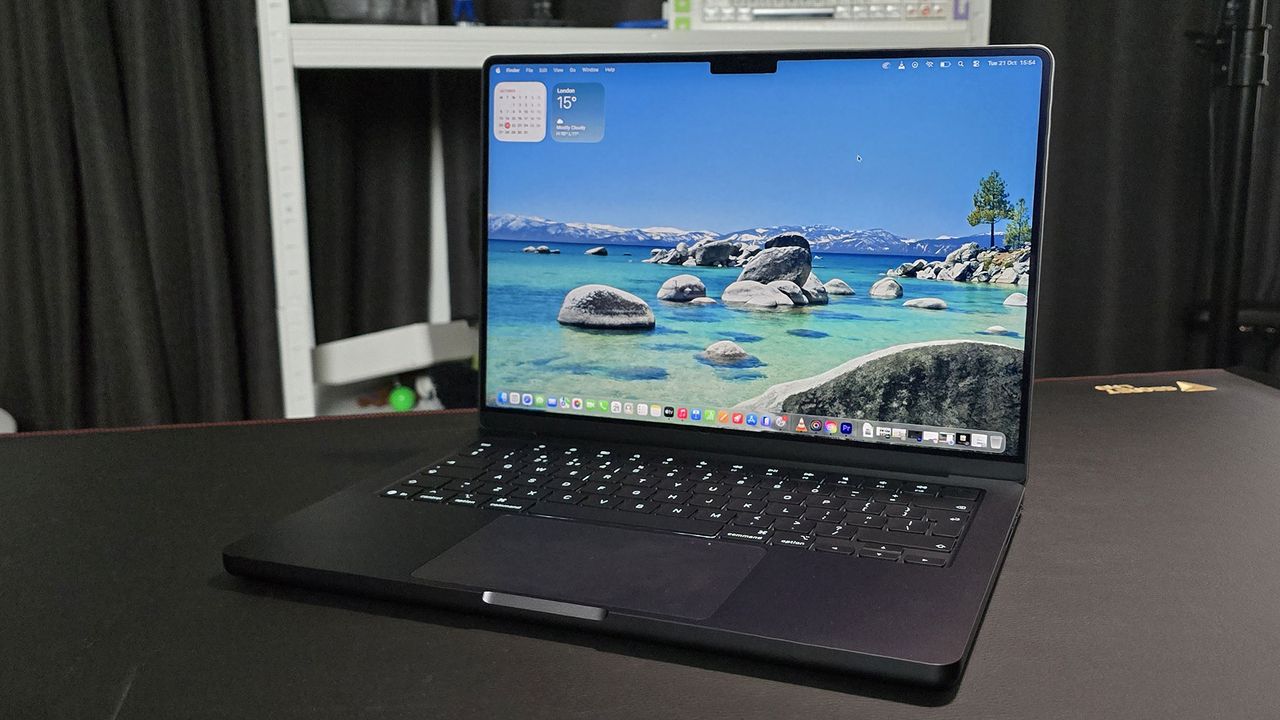
Zack Weiner and Dan Porter, co-founders of Overtime, want to turn high school athletes into social media stars. Let’s take a step back for a moment though. There’s a good chance that you heard about Mac McClung sometime in the last few weeks. McClung is a 6’2” high school senior from Gate City, Virginia who plays basketball. The reason that you might have heard about him is because of his between-the-legs breakaway drunk – followed by a Jordan-esque shrug as he made his way back up the court. The thing that makes the video so great is the fact that it pans out to the crowd, who are absolutely losing it.
Love or hate McClung, it doesn’t matter. The fact is, you saw him online. Less than 24 hours after the clip went up, it had generated t least 4 million views on different platforms – including a big push from ESPN’s SportsCenter. And that’s exactly what Porter and Weiner were hoping for. While there are lots of digital media companies focused on high school sports, Overtime has a different angle: It doesn’t care about scores, stats, and recruiting narratives. It’s focused instead on a couple dozen athletes it thinks have the charisma to become internet stars. (The video below is kind of long, but you just need to watch the first minute or so).
https://www.youtube.com/watch?v=LOp-VkLnAH4&t=3s
Overtime tracks its stars with the help of their classmates. Which is what they did with McClung. In fact, they pay people a nominal fee in order to get them to record these games through their video app. It then uses this to promote the athletes on their own talk shows and another programming. This then gets distributed all around the web. Unlike other companies that make money from young people who appear on the internet, Overtime doesn’t pay its stars a penny and doesn’t plan to, since any high school athlete who plans to play in college has to retain their amateur status. How does that make you feel?
I am not going to get into a debate on the NCAA and whether or not the players should be paid. That’s a different debate. But I at least want to highlight that this same kind of thing exists for high school athletes. I do want to talk about whether or not Overtime is using these individuals to make money themselves? Which, I guess is kind of the NCAA debate, but in a different venue, if you will. Overtime pays their “friends” to take video of them and then posts that to their platform in order to distribute it to the world. How is this different than any other social media influencer? Well, in those cases, the individual gets paid directly from the company. I don’t know how much they get paid, but they do get paid for hocking their product.

In this case, though, the product that they’re “hocking” is themselves. There’s a saying that there’s no such thing as bad press, so perhaps it benefits these players to be out in front of the cameras so that when they get to the professional level, people are going to be breaking down their doors for endorsement deals. These videos also showcase the talent, which will draw top school recruits, so maybe it is beneficial to the players, even if they don’t get paid. What are your thoughts on this debate?



![Apple Watch Ultra: The best Apple Watch I do not need [Video]](https://9to5mac.com/wp-content/uploads/sites/6/2026/01/AWU-FI.jpg?quality=82&strip=all&w=1600)